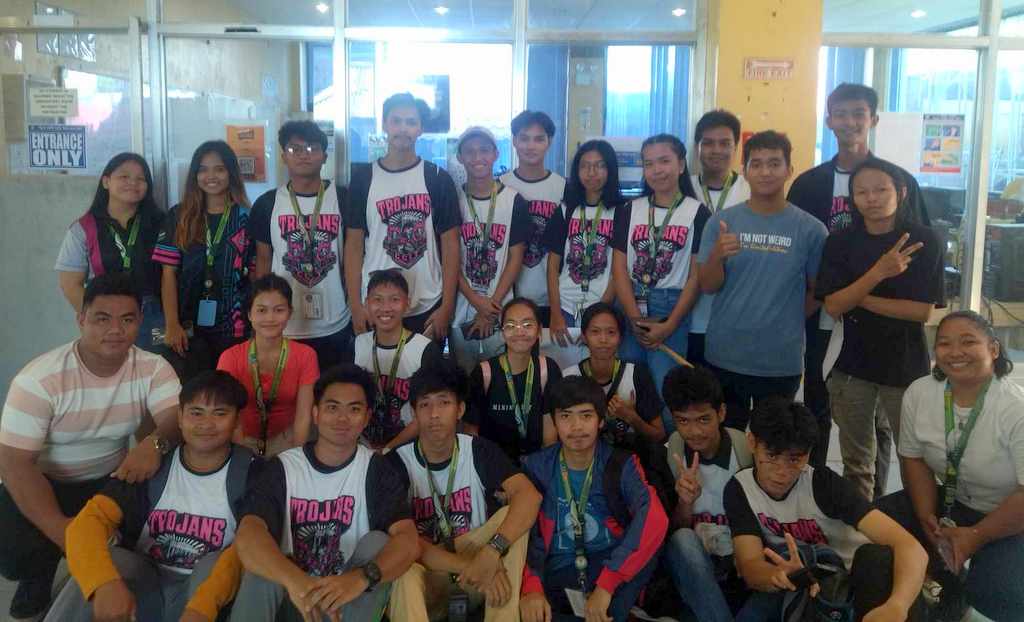About Us
The College of Communication and Information Technology (CCIT) is the University’s provider of quality education along Information and Communications Technology (ICT) and library and information science. The College traces its foundation in 1987, when the University, under the administration of Dr. Dorotea Campos-Filart, started to offer its first computer diploma program, the One-Year Computer Technology, through an agreement with a private computer college, the Data Center Philippines, Inc. (DCPI). Dr. Milagros R. Remular was then assigned as Coordinator of Computer Education. When Dr. Lauro B. Tacbas became the UNP President in 1998, the joint project with DCPI ended, with the University Computer Center taking over the offering of the core and major courses for the Bachelor of Science in Computer Science (BSCS) and the One-Year Computer Technology (CompTech) programs in the University, as well as the basic computer courses for the majority of degree programs in the University. On June 30, 1999, Dr. Remular was designated as the first Director of the Computer Center.





Goal
The college aims to produce professional and leaders who are responsive to the demands of a constantly-changing world of information technology.
Objectives
The College of Communication and Information Technology aims to produce IT professionals who can: apply advanced concepts and skills in all areas of Information Technology; Be ethically upright; and Be self-reliant.
History
Our Extension Services
OFFICE OF THE PRESIDENT
-
University of Northern Philippines
3rd Floor- Admin Building, Tamag, Vigan, Ilocos Sur - (077) 644-2261
- op@unp.edu.ph
Registrar's Office
- registrar@unp.edu.ph
- UNP Registrar's Office
Admission Services
- admissionservices@unp.edu.ph
- UNP Admission Services
Public Information Office
- pioffice@unp.edu.ph
- University of Northern Philippines
Guidance and Counseling Services
- guidance@unp.edu.ph
- University of Northern Philippines
